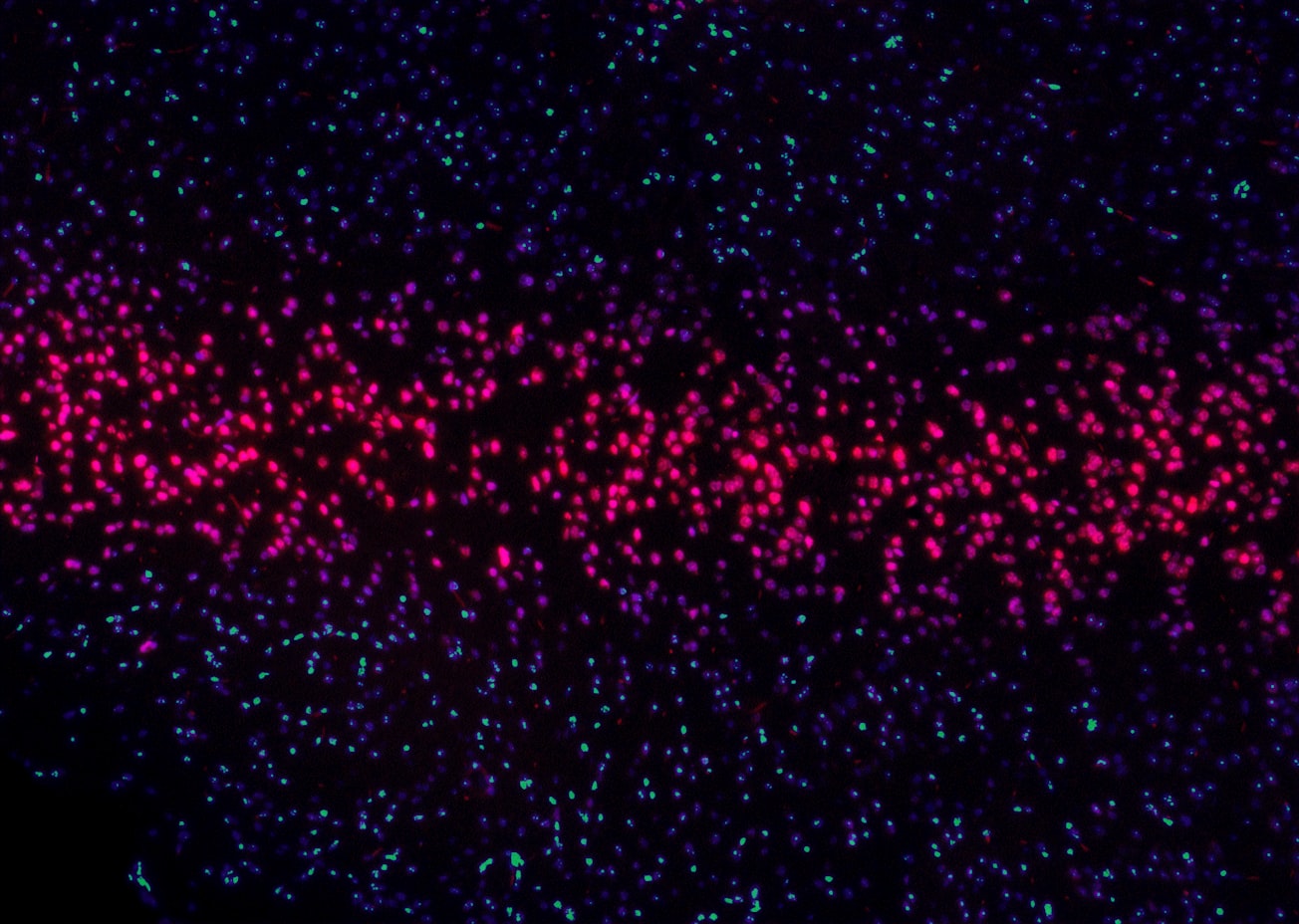What is it about?
Trypanosoma congolense causes a syndrome of variable severity in animals in Africa. Cerebral trypanosomiasis is a severe form, but the mechanism underlying this severity remains unknown. We developed a mouse model of acute cerebral trypanosomiasis and characterized the cellular, behavioral, and physiological consequences of this infection. We show large parasite sequestration in the brain vasculature for long periods of time (up to 8 hr) and extensive neuropathology that associate with ICAM1-mediated recruitment and accumulation of T cells in the brain parenchyma. Antibody-mediated ICAM1 blocking and lymphocyte absence reduce parasite sequestration in the brain and prevent the onset of cerebral trypanosomiasis.
Featured Image

Photo by National Cancer Institute on Unsplash
Why is it important?
Here, we establish a mouse model of acute cerebral trypanosomiasis and we propose a mechanism whereby parasite sequestration, host ICAM1, and CD4+ T cells play a pivotal role.
Read the Original
This page is a summary of: Immunopathology and Trypanosoma congolense parasite sequestration cause acute cerebral trypanosomiasis, eLife, July 2022, eLife,
DOI: 10.7554/elife.77440.
You can read the full text:
Contributors
The following have contributed to this page







